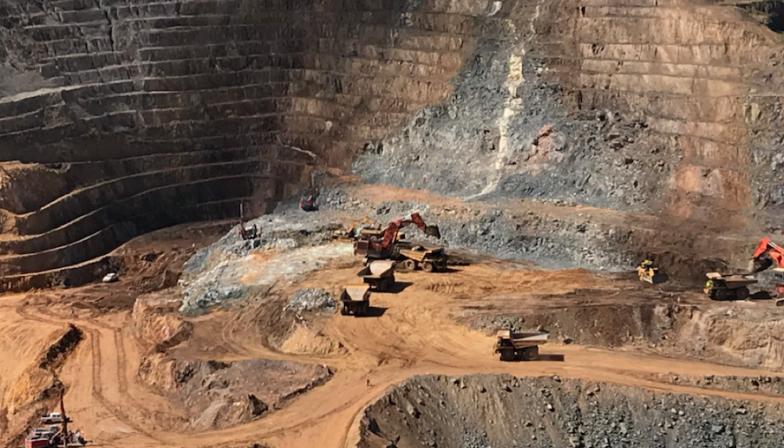Modern globalization is seen as the interdependence of national economies through the unlimited movement of goods, services, technologies, capital and workers.
But the 173 years of globalization did not bring their promised rewards. Income inequality, especially in the UK and the USA, has never been higher, companies have left their home countries to create factories where labor is cheaper, and the ideal of the European Union, offering free movement of labor, leading to economic growth, has been lost.
Mining companies are being targeted by governments seeking to make more profit from them, expropriate mines, refuse to issue permits or introduce additional restrictions for miners - all in the name of “the will of the people.” The Indonesian ban on the export of raw ores so that they can be mined locally is one example, and the closure of 23 nickel mines by Philippine President Duterte is another example.
Miners are an easy target because mining is a long-term investment, especially capital intensive. Mines are also stationary, so mining companies depend on the countries in which they operate. Direct seizure of assets often occurs using double excuses of historical injustice and contractual offenses. Compensation is not offered and no recourse is granted.
Countries are creative in casting miners' profits. Governments went beyond taxation to get more profit from the mining sector with a wave of demands, such as mandatory enrichment (when ore is processed locally rather than exported raw materials), export restrictions and increased state ownership of mines.
As Western countries' demand for this raw material grows, the link between inequality, social unrest, and mining



